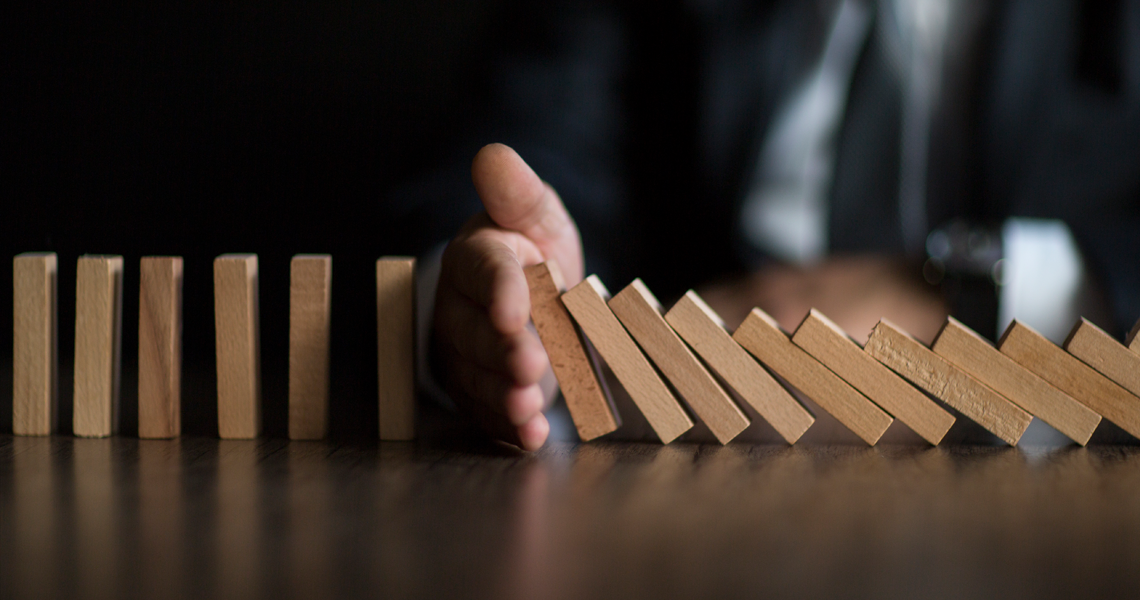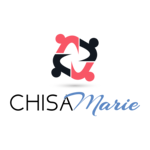
04 Aug Breaking the Bias: Understanding and Overcoming Unconscious Bias
When meeting new people, assessing potential customers or clients, going on a date, or even just talking to the cashier at your grocery store, chances are you don’t think twice about the quick judgments you make about others.
Let’s do a quick exercise I’ll call “Have you ever…”
Be honest with yourself– it’s the only way we can learn and grow. So, have you ever:
- Crossed the street to avoid someone who looked threatening?
- Judged a job candidate by their name?
- Avoided a neighborhood that you thought was dangerous?
- Ignored someone on a dating site because of their career?
- Dismissed someone’s ideas because of their age?
- Asked a male colleague for technical support instead of a female colleague?
If you answered yes to one or more of the previous questions, you might hold some unconscious biases—but don’t worry, it doesn’t mean you are a bad person. The truth is, everyone holds these to some degree. What’s important is recognizing their existence and working to overcome them.
Now, you might be wondering “What is unconscious bias, anyway?”
Unconscious bias refers to a prejudice we hold that we aren’t always aware of. Think about it as being subconsciously judgmental. These unfair beliefs and judgements can be about someone’s race, gender, sexuality, religion, sexual orientation, gender identity, physical ability, and more.
Starting at a very young age, people learn to navigate the world by organizing and categorizing information. In fact, many unconscious biases are formed from childhood. These judgments and prejudices seep into us from early experiences, and they are influenced and reinforced by society, the media, and even seemingly minor interactions. People continue relying on them because they help simplify the world, making it easier to understand and navigate—even if these biases are not always true.
Although most people aren’t conscious of these inclinations, that doesn’t mean we should stop working on getting rid of them. Just because people see the world with a certain lens doesn’t mean we shouldn’t question or challenge it. Unconscious biases are especially harmful to minorities and can affect them in a variety of ways. They can influence all aspects of life, from job searches and workplaces to healthcare and relationships.
Being aware of unconscious biases is the first step in protecting yourself from these harmful beliefs about others. By being aware, you can take the necessary actions to control your judgments. After recognizing that these prejudices influence you, you can take some additional measures to overcome them and lessen their influence on your actions and behavior.
Here’s the thing: it’s not enough to know what unconscious biases are but how they influence the way we act. Think back to the question of, “Have you ever crossed the street to avoid someone who looked threatening?” What was it that made them look threatening? Was it the color of their skin? Was it the way they dressed? Whatever it was, your judgement of them led to you crossing the street. Your quick judgement led to a physical reaction.
Fortunately, just like how unconscious biases can lead us to do certain things, there are actions we can take to help break down these biases.
So, what can you do to help break the bias?
Diversify your contacts.
It’s natural to be attracted to people like yourself. However, if you tend to stick to similar people, or you are surrounded by the same people every day, you are less likely to learn about backgrounds and ideas that are new or unfamiliar. By diversifying your social circle, you can expose yourself to people of different cultures and upbringings.
If you hold a bias towards a certain group of people, it might be because you don’t have a lot of contact with them. By communicating and interacting with this group, you can familiarize yourself with them and overcome your prejudices by replacing them with new information.
Formalize your decision-making.
We’re often told the best decisions are informed decisions. Consider the implications of making decisions in an organization or work setting without being aware of any underlying inclinations that influence you. Can we really call that an informed decision? It is imperative that we face the unconscious biases that often guide the choices we make and stances we take.
To avoid making judgments based on unfair opinions, create a structured way to evaluate facets of your decision-making process. This can include using forms, checklists, and official documents. Let’s say you are in charge of hiring job candidates. Instead of trusting gut feelings for each person, use an official form to document different criteria. Use this form for all job candidates so that the process is fair. This way, you can focus on details that are relevant to the decision and avoid unconsciously making choices based on assumptions.
Be aware of your specific biases.
Like it or not, we all hold personal responsibility for the opinions we hold. Being self-aware and mindful are necessary for overcoming unconscious biases. Think about the assumptions you make about other people. If you have a pattern of unfairly judging certain groups, take notice of your thoughts about them. Recognize that these specific thoughts might be unfair to others, or that they pigeon-hole them.
Once you know what your biases are, you can put in the effort to be more conscious when they arise. You might also want to consider taking unconscious bias training to further address this.
Question your assumptions.
Always question the assumptions you make. When you find yourself making quick first impressions about others, think about where these come from. Are they grounded on facts? Do you have evidence to support them? Or are they based on stereotypes? It can be hard to answer these questions openly and honestly, even with yourself. When you accept this challenge, you open the door for knowledge and understanding, two of the most powerful tools a person can have.
Always leave room to change your opinions about other people. When you find that the inferences you make are grounded on generalizations or stereotypes, try to resist them. Remind yourself that each person has their own unique story and experiences. Exercise your empathy and remember that your assumptions have the power to hurt others.
The truth is we are all affected by unconscious bias and, therefore, we all have a role to play in overcoming it. We learn to fear what we do not know and, unfortunately, old habits die hard. Yet the sooner we confront the presence of unconscious bias, the sooner we can engage in proactive solutions that break the barriers these biases create. We must work to understand not just what these biases are, but how they influence our decisions and actions.
Raw and honest self-reflection surrounding these topics can be hard. I urge you to push forward. Have those hard conversations with yourself and others. Strive to understand and uncover what you do not know. You’ll be stronger for it.



